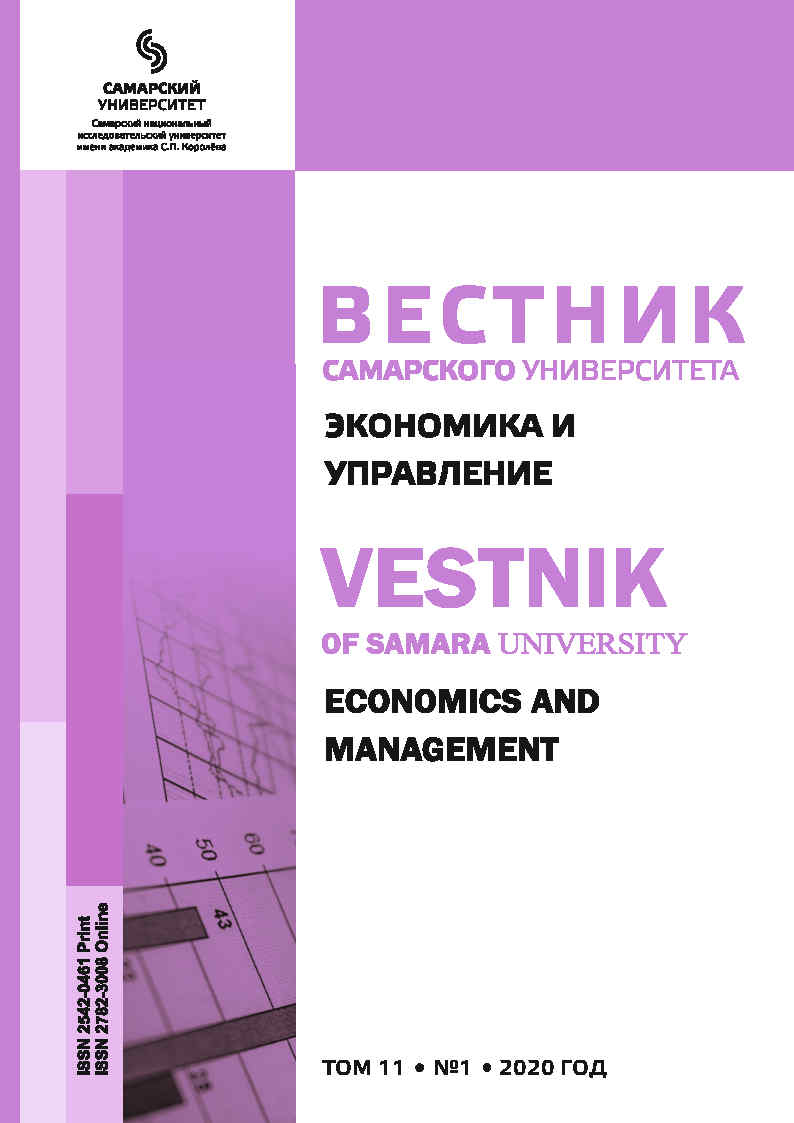Abstract
The development of innovation is a critical strategic task for science and government. A system of support for innovation has been created in the regions. However, the processes of creating new knowledge, technologies, and innovative products are not yet productive enough. Digitalization provides new opportunities for collecting information and debugging innovative processes. With this in mind, the authors set a goal to propose the concept of reengineering and develop a mechanism for the development of an innovative environment at the meso-scale. For this, the authors clarified the concept of the innovation environment, systematized the processes of innovation, presenting patterns of innovative ideas, knowledge and technologies, entrepreneurship, infrastructure, as well as a digital pattern. This approach allows a systematic approach to the analysis and redesign of innovative processes based on reengineering, covering the basic elements of the functioning of the innovation system. The article proposes a number of conceptual provisions for reengineering the innovative environment of the region. In particular, it was noted that in a digital economy, the speed and productivity of innovation depends on the level of interaction between its key participants (business, scientific and civil society, the state). Given the current trends in the digital transformation of innovation, the authors proposed a mechanism for the development of the innovation environment based on the reengineering methodology. For the practical implementation of the conceptual provisions and the mechanism for the development of the innovation environment, the authors proposed the introduction of a processing audit. The results obtained are of practical importance for regional authorities involved in the development of innovative activities.









